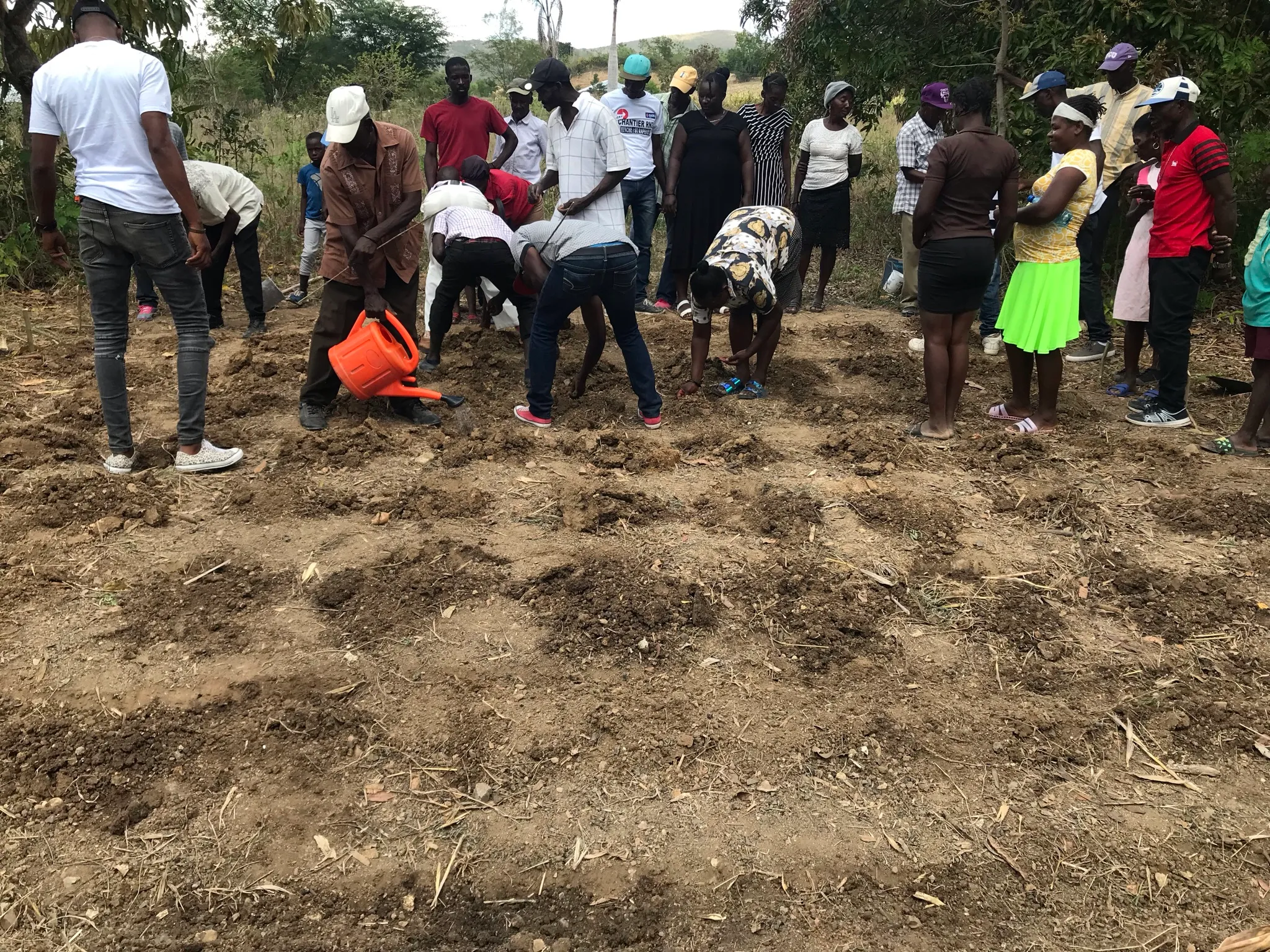Life Cider Competing in BevNET Product Showdown
What is volcanic ash mineral soil amendment
The soil amendment includes a unique and natural blend of ancient sea bed (thick concentrated sea water), decomposed kelp beds, calcium, volcanic ash, and oolitic sand which is formed when calcium carbonate layers build around the fecal pellets of brine shrimp. The soil amendment is a unique and highly mineralized complex silica ore, Hydrated Sodium Calcium Aluminosilicate (HSCAS), naturally mined from an ancient deposit in Utah, created by a volcanic eruption that filled a seabed an estimated 30 million years ago.
Agricultural uses
Plants also need secondary nutrients or trace minerals to be healthy. That is where the abundance of volcanic ash mineral soil amendment comes into play here. The ash contains dozens of minerals including magnesium, calcium, sodium, sulfur, copper, iron and zinc; all important to plant growth.
They also have various important functions such as accumulation of large amounts of organic carbon and nitrogen, plentiful storage of water, water quality improvement, and preservation of paleoenvironment and archaeological artifacts. Volcanic ash soils are among the most productive soils in the world.
Volcanic ash mineral soil amendment contains minerals that provide the soil with a healthy foundation for plants:

Resiliency
The minerals add resiliency to plants during drought and weather fluctuations

Supports Plan Growth
Increases soil fertility and trace elements to the farm and garden giving the soil, plants, and animals the vital minerals needed to thrive.

Health Benefits
The nutrients and trace elements give the soil, plants, and animals the vital minerals needed to thrive.

Improves Nutrient Content
Benefits root system growth and absorption of minerals and nutrients, activating the probiotic microbiome in the soil, and enhancing the nutrition and the flavors of foods and fruits


Application Methods
Explore the different application methods when using volcanic ash as a soil amendment for agricultural purposes:

FOLIAR APPLICATION
Feeding plants by applying liquid volcanic ash soil amendment directly to the leaves as opposed to in the soil.

BAND APPLICATION
Creating a band of soil amendment that runs alongside and a little below your rows of seeds.

BROADCAST
Broadcasting refers to spreading the soil amendment evenly over the soil surface with or without working it into the soil.

FERTIGATION
Can be applied through irrigation systems and hydroponic and vertical applications.

SOIL & COMPOST BLENDS
Volcanic ash (tephra) is a more feasible, nature-based solution for soil improvement and CO2 reduction.

Other uses:
Industrial Uses
Volcanic ash is an abundant low-cost material that, because of its chemical composition and amorphous atomic structure, has been considered as a suitable material to replace Portland cement clinker for use as a binder in cement production. In the last decade, there has been interest in using alkali-activated VA material as an alternative material to replace ordinary Portland cement. In this way, a valuable product may be derived from a currently under-utilized material. Additionally, alkali-activated VA-based materials may be suitable for building applications because of their good densification behavior, mechanical properties and low porosity.
Skin Care Uses
Volcanic ash is rich in minerals and is an antioxidant and antibacterial exfoliant, that helps to clarify the skin. It can help calm inflammatory skin conditions like eczema, psoriasis and even dandruff.
Miscellaneous Uses
Volcanic ash is used as the chief ingredient in some sweeping compounds, as an insulation in packing water and steam pipes, lagging boilers, and as a loose fill insulation in walls and ceilings. It is also used as a filler or diluent in paint and as a carrier for insecticides. Volcanic ash has been used for the purification and clarification of oils by filtration. It is probable that partially altered volcanic ash is used for the latter purpose.






